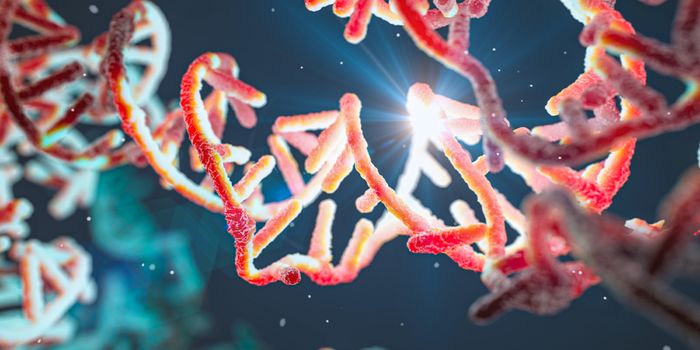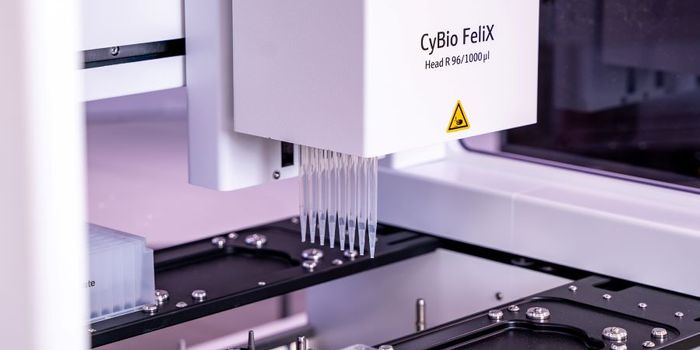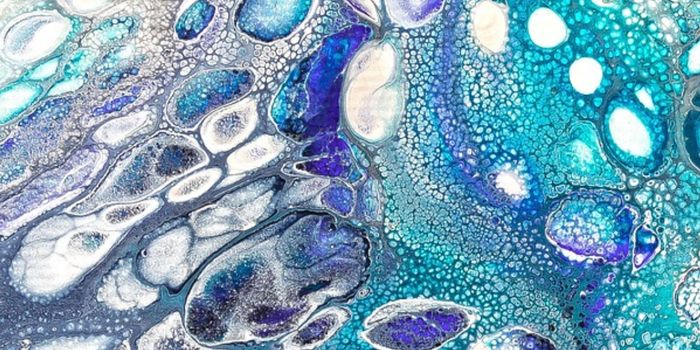Bipolar Disorder & Schizophrenia Linked to Epigenetic Hotspot
Worldwide, millions of people suffer from bipolar disorder or schizophrenia, and right now, there aren’t any biomarkers that can be used to monitor or test for the disease. The available treatments can cause serious side effects, like weight gain or dyskinesias (uncontrolled movements), for example. Researchers have now found an epigenetic hotspot they linked to the disorders, which can help explain the symptoms and advance the design of diagnostic tools and therapeutics; their work has been reported in Nature Communications and is outlined in the video.
"We've known since the 1970s that the effectiveness of antipsychotic medications is directly related to their ability to block dopamine signaling. However, the exact mechanism that sparks excessive dopamine in the brain and that leads to psychotic symptoms has been unclear," said the corresponding author of the report Viviane Labrie, Ph.D., assistant professor at Van Andel Research Institute (VARI). "We now have a biological explanation that could help make a real difference for people with these disorders."
There is considerable debate about the overlap of schizophrenia and bipolar disorder. They have many genetic factors in common, and they can cause similar symptoms, like delusions and hallucinations. In some patients, it may be difficult or even “impossible” to distinguish between the two. Recent research has confirmed that dopamine, a neurotransmitter that plays a role in emotional responses, learning, movement, reward-seeking behaviors, and other functions, is also involved in schizophrenia or bipolar disorder.
In this study, Labrie’s and colleagues obtained DNA from the brain cells of healthy people, and those that had been diagnosed with either bipolar disorder or schizophrenia. The team identified a cluster of epigenetic markers, chemical tags that modify the genome and can impact gene expression, in an enhancer. Enhancers can also influence the expression of genes and have been implicated in several brain diseases.
This work linked an enhancer that is connected to a gene called IGF2, which helps regulate synaptic development, to the mental disorder. The epigenetic tags can increase the production of dopamine while scrambling synapses. Neurons exchange signals at those synapses and these two problems have a significant impact, disrupting cellular organization in the brain's organization, altering the delicate chemical balance in the brain, and causing psychosis symptoms.
"What we're seeing is a one-two punch -- the brain is being flooded with too much dopamine, and at the same time it is losing these critical neural connections," Labrie said. "Like many other neurological disorders, schizophrenia and bipolar disorder often have early, or prodromal, phases that begin years before obvious symptoms. It is our hope that our findings may lead to new biomarkers to screen for risk, which would then allow for earlier intervention."
The IGF2 enhancer also impacts another gene that is located nearby, tyrosine hydroxylase. The gene encodes for an enzyme that helps control dopamine levels; if epigenetic tags turn the enhancer on, dopamine production gets out of control, and too much is made.
"We used cutting-edge computational strategies to understand the events occurring in brain cells that underlie psychiatric disorders," said the first author of the work Shraddha Pai, Ph.D., a postdoctoral fellow at the University of Toronto. "Our results were strengthened by additional studies in disease models. This comprehensive approach lends weight to our findings, which we believe will propel additional groundbreaking investigations into this enhancer at the IGF2 gene."
Sources: AAAS/Eurekalert! via Van Andel Research Institute, Nature Communications









